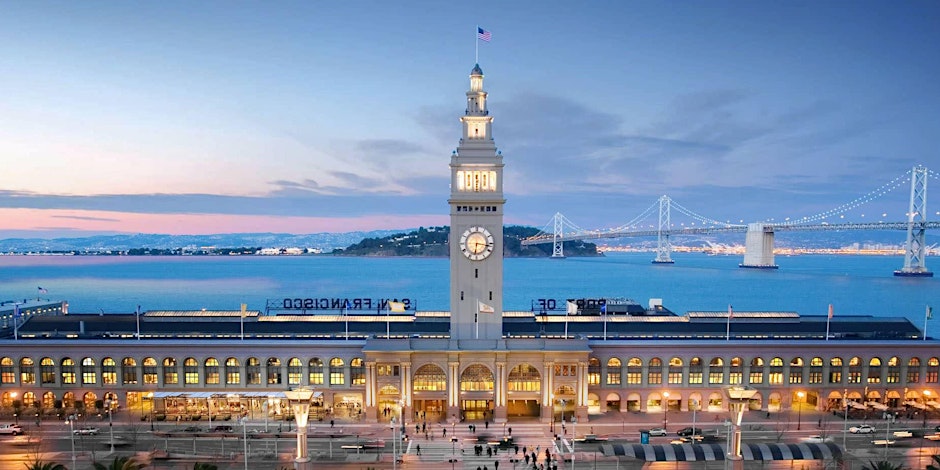Events

© San Francisco Travel Association
Upcoming Events
Jul 16
Jul 17
Jul 17
Jul 20
Jul 22
Jul 24
Jul 25
Jul 26
Jul 30
Aug 1
Aug 26
Sep 4
to
/
Sep 26
